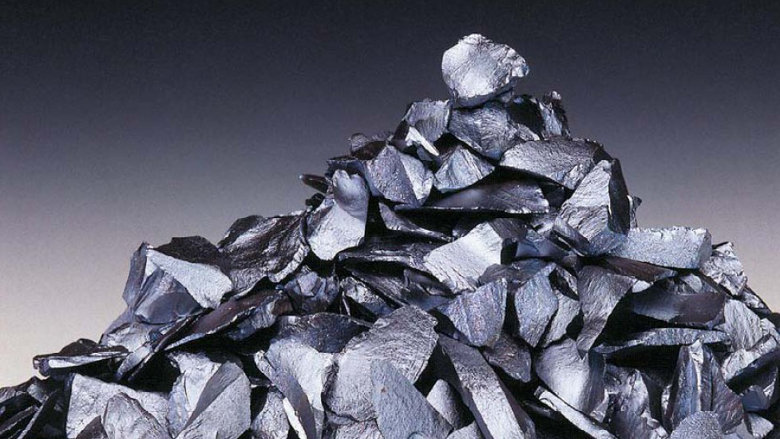China-based polysilicon manufacturer Daqo has announced it has received approval from the Chinese government for its plans to expand capacity by 70,000MT at its manufacturing facility in Shihezi, in the Xinjiang Uygur autonomous region.
The ‘Phase 4' plan – after a previous Phase 3B expansion – envisages an increase in capacity in two 35,000MT stages: Phases 4A and 4B. Construction on the new facilities started at the beginning of the month and pilot production is expected to start in the fourth quarter of 2019.
The Phase 3B plan aimed to increase annual production capacity from 18,000MT to 30,000MT by the first quarter of next year. Over the course of this year capacity is planned to reach at least 25,000MT.
Daqo says the agreement with the government of the Xinjiang Uygur region also includes a reduction of the energy tariff for the manufacturing facility – from RMB0.29/kWh ($0.045/kWh) to RMB0.24/kWh – when Phase 3B completes, and to RMB0.20/kWh when Phase 4A completes in the first quarter of 2020. “The reduced electricity rates and the additional capacity will improve our manufacturing efficiency and strengthen our leadership position in terms of cost structure,” the company said in a statement.
Popular content
In October, Daqo said polysilicon produced under the Phase 3B expansion will be sold to the monocrystalline wafer and semiconductor markets, which have strict quality requirements. The company also said it planned to introduce new production processes at the expanded facilities, in a bid to lower production costs.
Daqo's significant expansion comes at a time of oversupply in China's domestic PV market, reportedly prompting Chinese cell and module makers to consider moving manufacturing operations overseas to get around current and anticipated import tariffs in the U.S. and India, respectively.
This content is protected by copyright and may not be reused. If you want to cooperate with us and would like to reuse some of our content, please contact: editors@pv-magazine.com.



What does MT stand for?
Mega ton
I think MT stands for Metric Ton ( 1000 kgs) in metric system